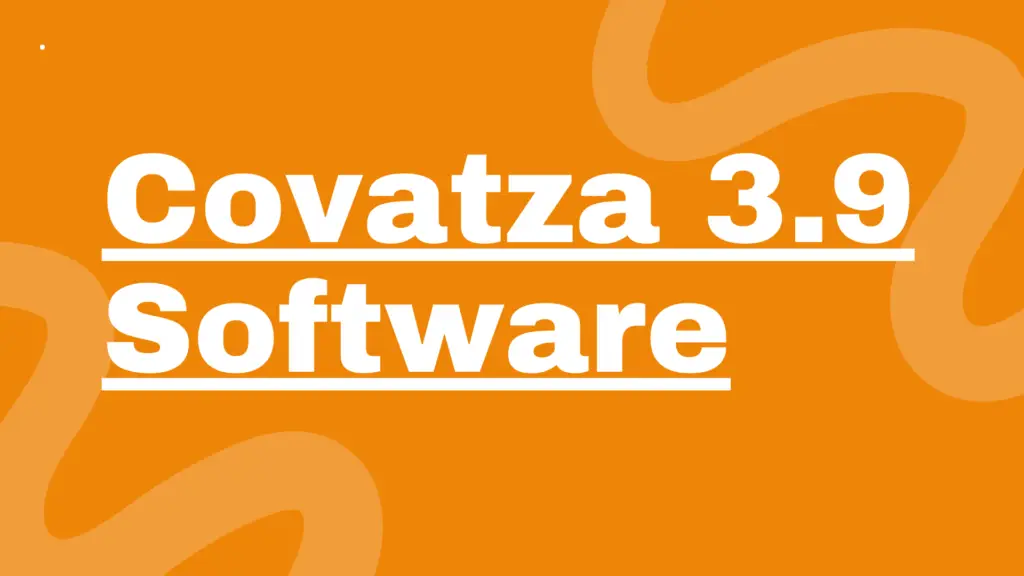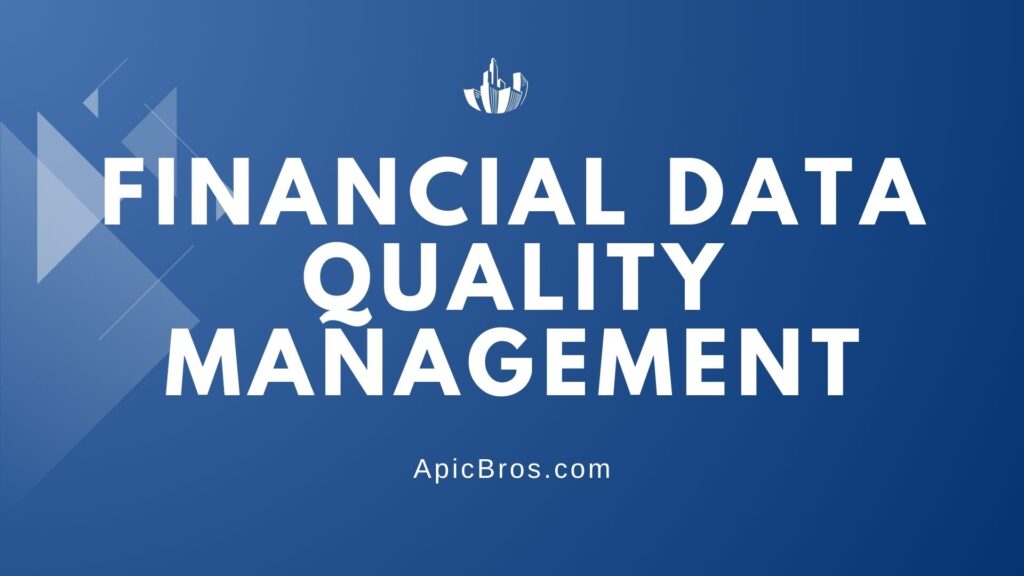
Table of Contents
Is Corporate Software Inspector(CSI) a Profession?
Yes, the role of a CS Inspector can be considered a profession, particularly within the field of cybersecurity and IT management. Professionals in this role are responsible for overseeing the scanning, identification, and remediation of software vulnerabilities. They work closely with IT operations and security teams to ensure that all software is up-to-date and secure. As organizations increasingly prioritize cybersecurity, the demand for skilled professionals who can effectively manage software vulnerabilities is on the rise. Learn More
Key Responsibilities of a Corporate Software Inspector
Corporate Software Inspectors have several key responsibilities:
Conducting Vulnerability Assessments
They perform regular scans of software applications to identify vulnerabilities and unpatched software. This proactive approach helps organizations stay ahead of potential security threats.
Coordinating Patch Management
CS Inspectors coordinate the deployment of patches and updates to ensure that all software is secure and compliant with industry standards. They work with IT teams to schedule and implement these updates effectively.
Generating Reports
They generate detailed reports that provide insights into the status of software vulnerabilities and the effectiveness of remediation efforts. These reports are crucial for compliance and risk management.
Collaborating with IT and Security Teams
CS Inspectors work closely with IT and security teams to develop strategies for managing vulnerabilities and improving the overall cybersecurity posture of the organization.
Ensuring Compliance
They ensure that the organization adheres to relevant regulations and standards related to software security, helping to mitigate risks associated with non-compliance.
Step-by-Step Guide to Becoming a Certified Corporate Software Inspector
Becoming a Corporate Software Inspector involves several steps:
Educational Background
Start by obtaining a degree in computer science, information technology, or a related field. This foundational knowledge is crucial for understanding software systems and security protocols.
Gain Experience
Work in IT or cybersecurity roles to gain practical experience. Familiarity with software management and security practices is essential.
Obtain Certifications
Pursue relevant certifications, such as Certified Information Systems Security Professional (CISSP) or Certified Ethical Hacker (CEH). These certifications enhance your credibility and knowledge in the field.
Specialized Training
Enroll in training programs specifically focused on software vulnerability management and patch management tools, such as the CS Inspector.
Hands-On Practice
Gain hands-on experience by using vulnerability management tools in real-world scenarios. This practical knowledge is invaluable for your career.
Stay Updated
Keep abreast of the latest trends and technologies in cybersecurity to ensure that your skills remain relevant.
Benefits of Having a Corporate Software Inspector
Having a CS Inspector provides numerous benefits to organizations. Enhanced security is achieved through proactive identification and remediation of vulnerabilities, protecting sensitive data and systems from cyber threats. Compliance assurance is another benefit, as the inspector ensures that the organization meets industry regulations and standards related to software security.
Improved efficiency comes from automating vulnerability assessments and patch management processes, saving time and reducing the workload on IT teams. Additionally, addressing vulnerabilities before they can be exploited significantly lowers the risk of security breaches. Learn More
Tools and Technologies Used by Corporate Software Inspectors
Corporate Software Inspectors utilize various tools and technologies to perform their duties effectively.
One of the leading solutions is Flexera Corporate Software Inspector, Which provides comprehensive scanning and reporting capabilities.
Microsoft System Center Configuration Manager (SCCM) integrates with CS Inspector to manage software updates and security patches.
Windows Server Update Services (WSUS) is another tool that allows IT teams to manage the distribution of updates released through Microsoft Update.
Additionally, various vulnerability scanning tools help identify vulnerabilities in software applications and systems.
Common Challenges Faced by Corporate Software Inspectors
Corporate Software Inspectors often encounter several challenges. One major challenge is the rapidly evolving threat landscape, where cyber threats are constantly changing, making it difficult to keep up with new vulnerabilities. Integration issues can arise when ensuring that vulnerability management tools work seamlessly with existing IT infrastructure. Resource constraints, including limited budgets, may hinder the ability to implement comprehensive vulnerability management strategies.
Additionally, user resistance can pose challenges, as employees may resist changes to software and systems, making it difficult to enforce security measures.
Best Practices for Corporate Software Inspection
To ensure effective corporate software inspection, conducting regular scans is essential to identify vulnerabilities and ensure timely remediation. Prioritizing vulnerabilities by focusing on high-risk issues first can help reduce the potential impact on the organization.
Maintaining documentation of vulnerabilities, remediation efforts, and compliance status is crucial for future reference. Providing training to IT and security personnel ensures they are knowledgeable about vulnerability management practices.
Case Studies: Corporate Software Inspection in Action
In a financial institution, a Corporate Software Inspector was implemented to manage vulnerabilities across its software applications.
Financial Institution
A financial institution implemented a CS Inspector to manage vulnerabilities across its software applications. By conducting regular scans and automating patch management, the institution significantly reduced its exposure to cyber threats and improved its compliance with financial regulations.
Healthcare Organization
A healthcare organization faces challenges in managing vulnerabilities due to the complexity of its IT environment. By adopting a CS Inspector, the organization streamlined its vulnerability management processes, ensuring that all software was up-to-date and compliant with healthcare regulations.
The Future of Corporate Software Inspection: Trends and Innovations
The future of Corporate Software Inspection is likely to be shaped by several trends and innovations. Increased automation will play a larger role in vulnerability management, reducing the need for manual intervention. The integration of artificial intelligence and machine learning will enhance the ability to detect vulnerabilities and predict potential threats.
Additionally, the shift towards cloud computing will lead to the development of more cloud-based vulnerability management solutions, making it easier for organizations to manage their software vulnerabilities.
Increased Automation
Automation will play a larger role in vulnerability management, reducing the need for manual intervention.
Integration with AI and Machine Learning
The use of artificial intelligence and machine learning will enhance the ability to detect vulnerabilities and predict potential threats.
Cloud-Based Solutions
The shift towards cloud computing will lead to the development of more cloud-based vulnerability management solutions, making it easier for organizations to manage their software vulnerabilities.
In Conclusion,
The CS Inspector is crucial for organizations seeking to manage software vulnerabilities and enhance their cybersecurity posture. By understanding the role, responsibilities, and best practices associated with this profession, businesses can better protect their systems and data from cyber threats.
As the landscape of cybersecurity continues to evolve, the importance of effective software vulnerability management will only grow, making the role of CS Inspectors more vital than ever.
FAQS About Corporate Software Inspector(CSI)
What is the primary purpose of a Corporate Software Inspector?
The primary purpose of a CS Inspector is to identify and remediate software vulnerabilities within an organization’s IT infrastructure, ensuring that all applications are secure and compliant with industry standards.
How does a Corporate Software Inspector differ from traditional antivirus software?
While traditional antivirus software focuses on detecting and removing malware, a CS Inspector specifically targets software vulnerabilities and manages patching processes to prevent potential exploits.
What types of organizations benefit from using a Corporate Software Inspector?
Organizations of all sizes, including Fortune 1000 companies, small to medium-sized businesses, and managed service providers, can benefit from using a CS Inspector to enhance their cybersecurity posture.
How often should a Corporate Software Inspector conduct scans?
Regular scanning is essential, and organizations should aim to conduct scans at least monthly or more frequently based on their risk tolerance and the nature of their IT environment.
What are the key features to look for in a Corporate Software Inspector?
Key features include multi-platform support, integration with existing IT management tools, comprehensive vulnerability databases, automated patch deployment, and detailed reporting capabilities.




